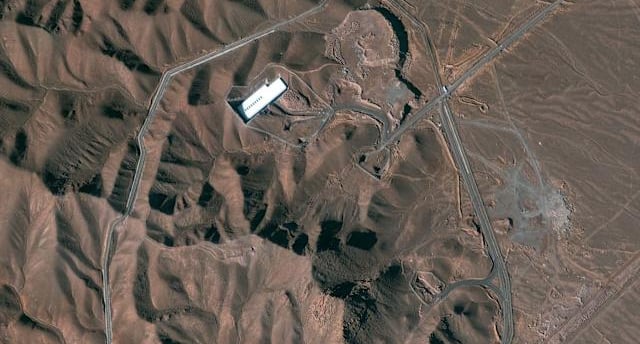Start Your Smart Investment Journey — Join UJI Investama.
US Attacks Three Nuclear Sites in Iran, Widening Middle East Conflict
In a dramatic escalation of regional tensions, the United States launched a series of coordinated airstrikes on three Iranian nuclear facilities—Fordow, Natanz, and Isfahan—overnight Friday, signaling a direct entry into the ongoing Israel-Iran conflict. The strikes were carried out using B-2 stealth bombers and Tomahawk cruise missiles, with U.S. officials confirming the use of Massive Ordnance Penetrators (MOPs) to target deeply buried infrastructure believed to house advanced uranium enrichment operations. According to military sources, all aircraft returned safely and the operation achieved its objectives. Satellite imagery and preliminary assessments indicate significant damage to all three sites. Trump Declares Mission Success Former President Donald Trump, speaking from Washington, called the attack a “decisive blow” against Iran’s nuclear ambitions and warned Tehran against any retaliation. “We have eliminated Iran’s nuclear threat—for now. If they escalate, they will be hit again, harder,” Trump said in a televised statement. Regional and Global Impact The strike marks a significant widening of the Middle East conflict, which had previously been contained to proxy engagements and regional skirmishes. Israel welcomed the move, calling it a “critical step toward regional security,” while Iran vowed a strong and coordinated response. International reactions have been mixed. The European Union expressed concern over the risk of broader war, while Russia and China condemned the attack and called for an emergency meeting of the United Nations Security Council. Oil markets reacted sharply, with crude prices surging over 5% amid fears of supply disruptions through the Strait of Hormuz. Gold and other safe-haven assets also rallied, reflecting investor anxiety over escalating geopolitical risk. Political Backlash at Home The strikes have sparked a fresh debate in Washington over executive war powers. Critics from both parties questioned Trump’s decision to launch the operation without prior Congressional approval. Legal experts argue the move could test constitutional limits on unilateral military action. Despite this, the White House defended the operation as “proportional, targeted, and necessary” to prevent Iran from achieving a nuclear weapons capability. Outlook The airstrikes have introduced a dangerous new phase into Middle East geopolitics. With tensions already high, Iran’s response in the coming days will determine whether this crisis spirals into full-scale regional war or opens the door to renewed diplomatic efforts.
POLITICS
6/22/20251 min read


Contact us for more news and information about UJI Fund.
